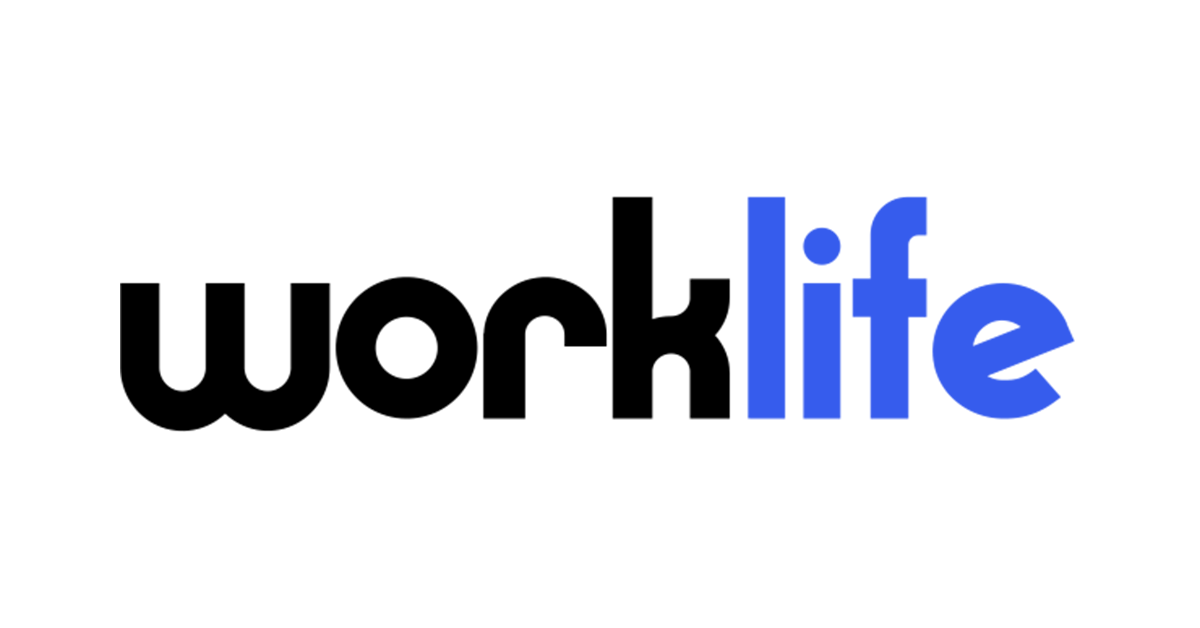I have a hard truth for ER professionals. Too many of us are flailing under an unnecessary branding problem. Deserved or not, HR has earned a mock-worthy reputation for decades and frankly, most ER teams are viewed by the company they keep. Unfortunately, whether we inherited the bad rep or we’re just guilty of perpetuating it, Jeff Bezos articulates the blunt reality, “Your brand is what other people say about you when you’re not in the room.”
Let’s walk out of the room for a minute and let “them” talk. Are you blushing or cringing?
Right now the ER profession has an extraordinary chance to rebrand ourselves, and we need to seize the moment. Employee relations has never been such a lightning rod for the success or failure of an organization. Yes, legal and cultural complexities make our job more challenging. But also, we’re living in a time when truth, equality, equity and justice are central to what employees both expect and respect at work. Herein lies our rebranding opportunity. We have the chance to build trust and be the experts employees not only count on, but recommend to one another.

Some of us are already trusted advisors, but some of us need to do a little damage control. A little “PR for ER” of sorts. The only way to make progress is to get honest about how you and your function are perceived today within the organization. Below are the six most common personas we see in ER. Read on to find out “who” you identify with the most:
The Nanny – aka Supernanny meets Mary Poppins
You’ve got a reputation for keeping your charges (I mean your organization, employees and managers) in line. You communicate standard expectations and scold (“coach”) people when they misbehave. People are mildly afraid of you, but it’s forgivable. Everyone knows you’re just “doing this for their own good.”
At the end of the day, it’s exhausting tsk-tsking over everyone’s shoulders but your martyrdom is rewarded. After all, you’re the one person helping this family (organization) finally get their collective “you know what” together.
The Fixer – aka Winston Wolf
People don’t want to call you; they have to call you. No one in your organization really remembers you exist until it’s time to hide the evidence. P.S. – nobody knows what you actually do, they just feel vaguely better knowing that you’ll know what to actually do when it’s time.
For your part, you secretly revel in the mystery. While they’re confused, you’re confident in your “methods.” You’re also confident that this won’t be the last time they’ll need you, so let’s hear it for the predictable job security that comes with messy humans.
The Executioner – aka The Terminator
Employee relations is known for putting out fires. But also: people. When it’s time for a RIF or a termination for performance or cause, everyone feels your presence. Dread is just part of how your reputation precedes you.
It’s not that you enjoy inspiring fear in people, but you know that someone has to take one for the team and do the hard things. It’s cool, you’re really nice outside of work.
The Dark Shadow- aka The Wizard of OZ
While aspects of your role are intentionally behind the scenes, you’re downright mythical. People hear whispers about you making things happen, but your reputation is nothing more than the tall tales of hearsay. After all, 99% of what you work on is confidential. Open Door Policy? Whose door is ever open in ER? Whether the tales are creepy or downright scary, they are always of the lurking variety.
For your part, you’ve accepted anonymity. After all, who wants to be known as the scary person? Your email is something like employeerelations@organization.com and you live rent free in the bcc.
The Party Person- aka Martha Stewart
When leaders at your company want to solve a morale issue, the first thing they think is “let’s party!” The next thing they think of is you and your team. While leadership might be responsible for damaging engagement and crushing morale, they know you’ll smooth it over with a magical family picnic, virtual happy hour or a #nationalmadeupholidayday Instagram contest.
For your part, you’ll throw the “command party performance” fully aware that the quick fix will inevitably be the source of fresh new problems. It’s all good. You’re more than ready to investigate all that he-said, she-said, someone should’ve turned off their zoom camera aftermath.
The Cardiologist- aka Dr. Derek Shepherd (ok a neurosurgeon, not a cardiologist but you get the point)
Everyone in the organization, especially leaders, know that you are the expert with deep knowledge in one very specific, very vital area. Even better, employees feel like they are truly the heart of the organization with you in charge. They count on you to keep their relationships at work safe and healthy – even when you have to give them “you need to exercise and eat more vegetables speech.” Above all else, they know you’re fair and honest, and they can trust that.
At the end of the day, the organization at large trusts that your fancy tools like EKGs (or employee relations trend data) help them avoid something awful like a heart attack (or a discrimination charge from a government agency.) And if you do need advanced care or surgery, your patients (team members …) look to you to guide them with best practices that have a proven record of win/win results.
Our profession needs more cardiologists
Every organization’s environment demands nuance which means I’ve left some blended personas off the list. But identifying with a persona isn’t really the assignment here. As a profession, ER needs to say the quiet part out loud: our reputations are 100% our responsibility. If we aren’t seen as trusted advisors creating an environment where employees encourage one another to come to us, we have work to do. Richard Branson sums it up perfectly, “Too many companies want their brands to reflect some idealized, perfected image of themselves. As a consequence, their brands acquire no texture, no character, and no public trust.”
I’ll leave you with this question. Do you know your eNPS (employee net promoter score)? If not, that’s a good first step for building a strong reputation. HR Acuity can help.



